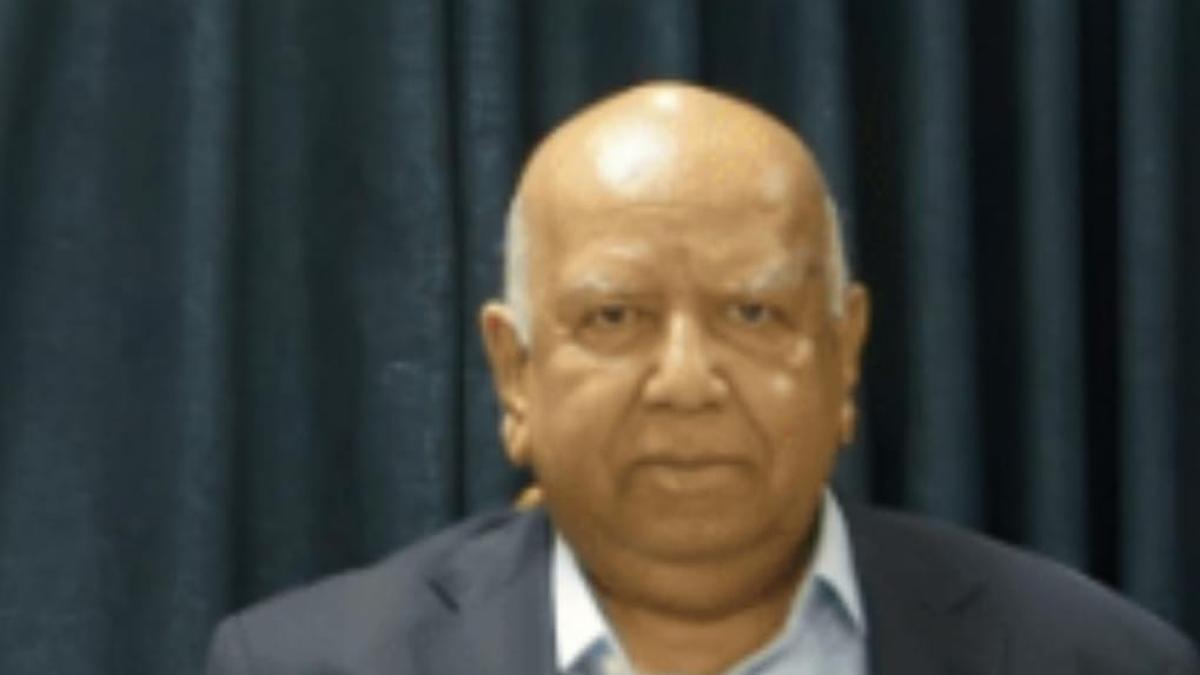
India must engage with all sides in Bangladesh: Top policy analyst
The Hindu
Top Bangladeshi policy analyst urges India to engage with all political parties in Bangladesh amid unconventional diplomatic challenges.
The current state of relations between India and Bangladesh does not leave space for conventional diplomacy for Indian decision makers, a top policy analyst of Bangladesh has said. In an interview with The Hindu, Major General A.N.M. Muniruzzaman (Retd.), President of the Bangladesh Institute of Peace and Security Studies (BIPSS) asked the South Block to engage with all parties of the political spectrum in Bangladesh without waiting for the situation to evolve any further.
“India must engage with all sides in Bangladesh’s political arena. After the developments of August 5, the politics of Bangladesh has become very unconventional and classical diplomacy cannot be conducted in this situation and India needs to realise this fast and press the reset button,” he said. The end of the Hasina government need not be interpreted as the end of bilateral relations, he said, while also adding: “South Block should engage with the real stakeholders – the people of Bangladesh.”
Also read | A silent democratic backlash in South Asia
After the fall of the Hasina government, Bangladesh has been governed by an interim administration which has granted the decision-making power to several individuals from the civil society and student organisations that protested against Ms. Hasina. The resultant hybrid administration will help facilitate the return of party-level democracy in Bangladesh.
Along with other delegates of the BIPSS, Mr. Muniruzzaman has in the past participated in discussions held under the banner of think tanks such as the Vivekananda International Foundation here and had flagged the declining popularity of Sheikh Hasina in Bangladesh over the past few years. Mr. Muniruzzaman, who is a well-known peacekeeper with extensive links in the United Nations, recalled that his cautionary words about the prospects of the Sheikh Hasina government did not get the required attention from New Delhi at that time that could have given the necessary early warning about the sudden end of the Hasina regime on 5 August.
“India will have to engage with the country and avoid the temptation of engaging a coterie. India will have to be on the right side of history in Bangladesh,” he said. He indicated that Bangladesh poses a political challenge and calls for the handling of the situation in a creative manner.
Since August 5, Sheikh Hasina has been living in India which has drawn criticism from the current rulers — including the student leaders — in Bangladesh. Chief Adviser Prof Mohammad Yunus met with Indian High Commissioner Pranav Verma on August 22 when he sought more security from the authorities in Dhaka because of the prevailing anti-India sentiments in Bangladesh.













